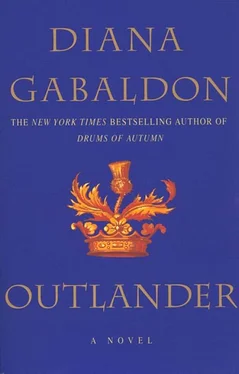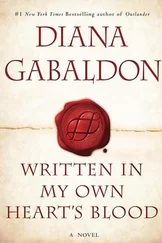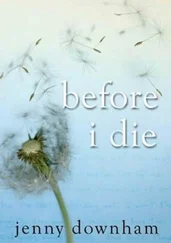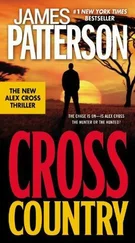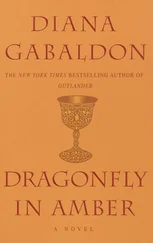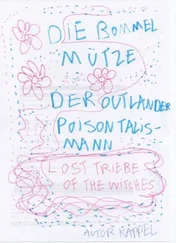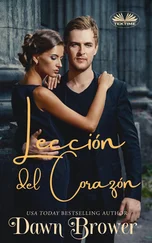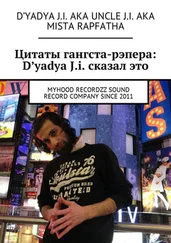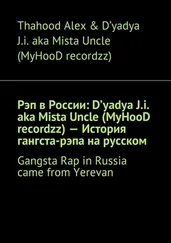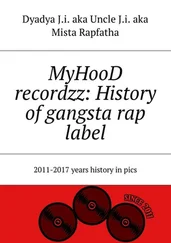Three hours later, we knew how many Y and Z holes there were (fifty-nine, if you care; I didn’t), but had no more clue to the purpose of the structure than had the dozens of amateur and professional archaeologists who had crawled over the site for the last five hundred years.
No lack of opinions, of course. Life among academics had taught me that a well-expressed opinion is usually better than a badly expressed fact, so far as professional advancement goes.
A temple. A burial ground. An astronomical observatory. A place of execution (hence the inaptly named “Slaughter Stone” that lies to one side, half sunk in its own pit). An open-air market. I liked this last suggestion, visualizing Megalithic housewives strolling between the lintels, baskets on their arms, critically judging the glaze on the latest shipment of red-clay beakers and listening skeptically to the claims of stone-age bakers and vendors of deer-bone shovels and amber beads.
The only thing I could see against that hypothesis was the presence of bodies under the Altar Stone and cremated remains in the Z holes. Unless these were the hapless remains of merchants accused of short-weighting the customers, it seemed a bit unsanitary to be burying people in the marketplace.
There were no signs of burial in the miniature henge atop the hill. By “miniature,” I mean only that the circle of standing stones was smaller than Stonehenge; each stone was still twice my own height, and massive in proportion.
I had heard from another tour-guide at Stonehenge that these stone circles occur all over Britain and Europe – some in better repair than others, some differing slightly in orientation or form, all of purpose and origin unknown.
Mr. Crook stood smiling benignly as I prowled among the stones, pausing now and then to touch one gently, as though my touch could make an impression on the monumental boulders.
Some of the standing stones were brindled, striped with dim colors. Others were speckled with flakes of mica that caught the morning sun with a cheerful shimmer. All of them were remarkably different from the clumps of native stone that thrust out of the bracken all around. Whoever built the stone circles, and for whatever purpose, thought it important enough to have quarried, shaped, and transported special stone blocks for the erection of their testimonial. Shaped – how? Transported – how, and from what unimaginable distance?
“My husband would be fascinated,” I told Mr. Crook, stopping to thank him for showing me the place and the plants. “I’ll bring him up to see it later.” The gnarled old man gallantly offered me an arm at the top of the trail. I took it, deciding after one look down the precipitous decline that in spite of his age, he was likely steadier on his pins than I was.
I swung down the road that afternoon toward the village, to fetch Frank from the vicarage. I happily breathed in that heady Highland mix of heather, sage, and broom, spiced here and there with chimney smoke and the tang of fried herring, as I passed the scattered cottages. The village lay nestled in a small declivity at the foot of one of those soaring crags that rise so steeply from the Highland moors. Those cottages near the road were nice. The bloom of postwar prosperity had spread as far as a new coat of paint, and even the manse, which must be at least a hundred years old, sported bright yellow trim around its sagging windowframes.
The vicar’s housekeeper answered the door, a tall, stringy woman with three strands of artificial pearls round her neck. Hearing who I was, she welcomed me in and towed me down a long, narrow, dark hallway, lined with sepia engravings of people who may have been famous personages of their time, or cherished relatives of the present vicar, but might as well have been the Royal Family, for all I could see of their features in the gloom.
By contrast, the vicar’s study was blinding with light from the enormous windows that ran nearly from ceiling to floor in one wall. An easel near the fireplace, bearing a half-finished oil of black cliffs against the evening sky, showed the reason for the windows, which must have been added long after the house was built.
Frank and a short, tubby man with a clerical dog-collar were cozily poring over a mass of tattered paper on the desk by the far wall. Frank barely looked up in greeting, but the vicar politely left off his explanations and hurried over to clasp my hand, his round face beaming with sociable delight.
“Mrs. Randall!” he said, pumping my hand heartily. “How nice to see you again. And you’ve come just in time to hear the news!”
“News?” Casting an eye on the grubbiness and typeface of the papers on the desk, I calculated the date of the news in question as being likely around 1750. Not precisely stop-the-presses, then.
“Yes, indeed. We’ve been tracing your husband’s ancestor, Jack Randall, through the army dispatches of the period.” The vicar leaned close, speaking out of the side of his mouth like a gangster in an American film. “I’ve, er, ‘borrowed’ the original dispatches from the local Historical Society files. You’ll be careful not to tell anyone?”
Amused, I agreed that I would not reveal his deadly secret, and looked about for a comfortable chair in which to receive the latest revelations from the eighteenth century. The wing chair nearest the windows looked suitable, but as I reached to turn it toward the desk, I discovered that it was already occupied. The inhabitant, a small boy with a shock of glossy black hair, was curled up in the depths of the chair, sound asleep.
“Roger!” The vicar, coming to assist me, was as surprised as I. The boy, startled out of sleep, shot bolt upright, wide eyes the color of moss.
“Now what are you up to in here, you young scamp?” The vicar was scolding affectionately. “Oh, fell asleep reading the comic papers again?” He scooped up the brightly colored pages and handed them to the lad. “Run along now, Roger, I have business with the Randalls. Oh, wait, I’ve forgotten to introduce you – Mrs. Randall, this is my son, Roger.”
I was a bit surprised. If ever I’d seen a confirmed bachelor, I would have thought the Reverend Wakefield was it. Still, I took the politely proffered paw and shook it warmly, resisting the urge to wipe a certain residual stickiness on my skirt.
The Reverend Wakefield looked fondly after the boy as he trooped off toward the kitchen.
“My niece’s son, really,” he confided. “Father shot down over the Channel, and mother killed in the Blitz, though, so I’ve taken him.”
“How kind of you,” I murmured, thinking of Uncle Lamb. He, too, had died in the Blitz, killed by a hit to the auditorium of the British Museum, where he had been lecturing. Knowing him, I thought his main feeling would have been gratification that the wing of Persian antiquities next door had escaped.
“Not at all, not at all.” The vicar flapped a hand in embarrassment. “Nice to have a bit of young life about the house. Now, do have a seat.”
Frank began talking even before I had set my handbag down. “The most amazing luck, Claire,” he enthused, thumbing through the dog-eared pile. “The vicar’s located a whole series of military dispatches that mention Jonathan Randall.”
“Well, a good deal of the prominence seems to have been Captain Randall’s own doing,” the vicar observed, taking some of the papers from Frank. “He was in command of the garrison at Fort William for four years or so, but he seems to have spent quite a bit of his time harassing the Scottish countryside above the Border on behalf of the Crown. This lot” – he gingerly separated a stack of papers and laid them on the desk – “is reports of complaints lodged against the Captain by various families and estate holders, claiming everything from interference with their maidservants by the soldiers of the garrison to outright theft of horses, not to mention assorted instances of ‘insult,’ unspecified.”
Читать дальше
